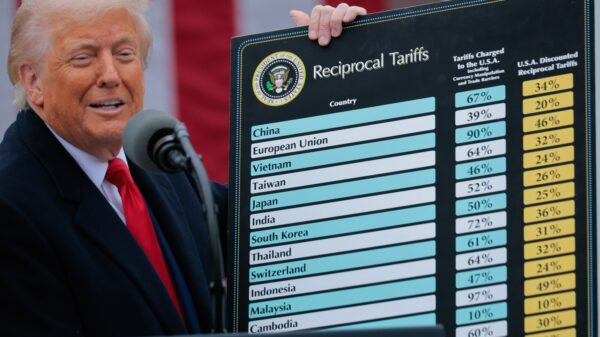Kopi luwak, often regarded as the world’s most expensive coffee, is gaining attention for its unique production process and the intriguing claims surrounding its flavor. Recent research indicates that the global market for this distinctive beverage could reach US$11 billion by 2032, accounting for approximately 3% of the projected global coffee market.
The Process Behind Kopi Luwak
The term “kopi luwak” refers to coffee made from beans that have been digested and excreted by the Asian palm civet, a small mammal resembling a cat. This animal consumes the fleshy part of the coffee berry but discards the seed, which becomes the coffee bean. The process of digestion is believed to enhance the flavor profile of the beans, leading to the drink’s esteemed status.
Research published in March 2023 in the journal Scientific Reports explored the differences between beans sourced from civet feces and undigested beans harvested from coffee plantations. The study found that beans retrieved from civet scat had significantly higher total fat content and were larger on average. The elevated fat levels are crucial, as they contribute significantly to coffee’s aroma and taste.
The study identified two specific fatty acid methyl esters, caprylic and capric, which enhance flavor and aroma, often imparting a creamy quality to the beverage. While the researchers did not roast the beans for taste comparison, they suggested that the digestive process may facilitate a form of natural fermentation, enhancing flavor complexity.
Ethical Considerations and Production Practices
Despite the intriguing flavor claims, the production of kopi luwak raises ethical concerns. Most of the kopi luwak on the market today comes from caged civets, fed a diet primarily of coffee beans. This method negates the natural selection process that wild civets partake in when foraging for their food. Organizations such as PETA have highlighted the inhumane conditions in which many farmed civets are kept and have urged consumers to avoid this novelty drink.
Interestingly, the recent study was conducted in the Western Ghats of India, where local entrepreneurs are beginning to produce kopi luwak, allegedly from wild civets. These producers claim they can offer their product at much lower prices than the international market, suggesting a potential shift in sourcing practices.
While kopi luwak may attract those curious about its unique story and production, coffee enthusiasts should consider the broader implications of its consumption. The quality of coffee can be influenced by several factors, including freshness, roasting, and brewing methods. As such, even the most exotic beans may not guarantee an exceptional cup of coffee.
The growing popularity of kopi luwak reflects a broader trend in the coffee industry, where consumers seek out unique experiences and flavors. However, it remains essential to balance appreciation for specialty products with ethical sourcing and animal welfare considerations.






































































